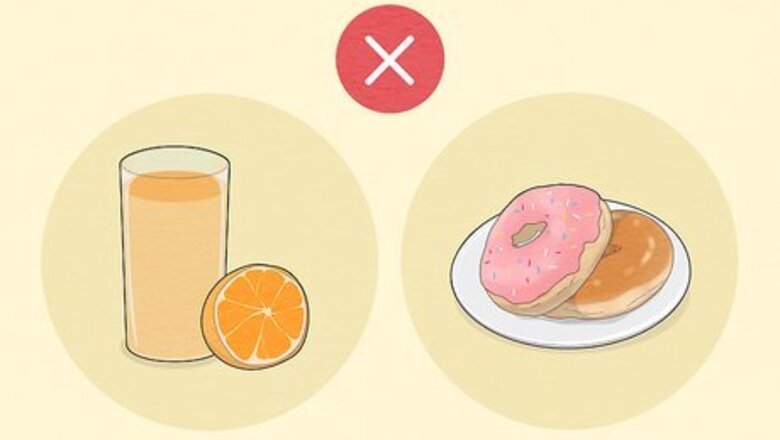
views
- Treat light salivation at home with remedies like staying hydrated or chewing on a piece of gum or hard candy.
- Avoid situations that nauseate you and ask your doctor if extra salivation is linked to any prescription medications you’re on.
- For severe salivation, speak with your doctor about medication switches, oral infections, or potential treatments like injections or surgery.
Trying Home Remedies
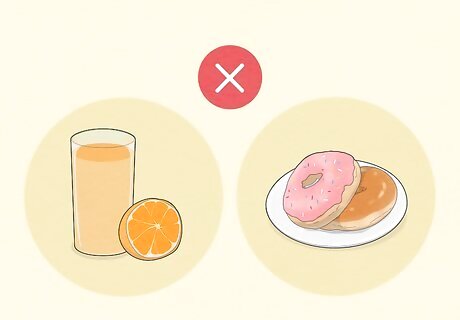
Avoid foods and odors that cause salivation. Limit your consumption of citrus fruits, sugary foods, and sour foods, which can send your salivary glands into overdrive. Do your best to steer clear of any other foods and odors, such as cooking smells or personal fragrances, that cause you to salivate. Eating any food can stimulate salivation, but bland, dry foods such as crackers or toast might help absorb excess saliva and provide immediate relief. If someone nearby is cooking or eating and you can’t avoid them, try to distract yourself. Keep yourself busy with an activity, sing a song in your head, write a story, or chat on the phone.
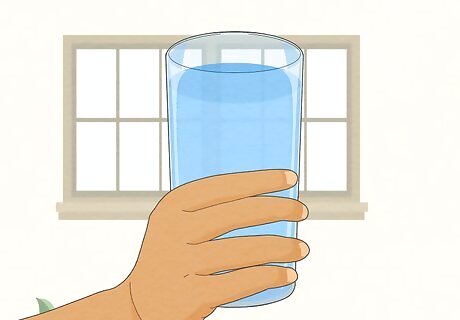
Drink more water, especially if your saliva is thick. It might seem counterintuitive, but staying hydrated could help keep overactive salivary glands in check. Aim to drink about 15.5 cups (3.7 liters) of water per day if you're a man, or 11.5 cups (2.7 liters) if you're a woman. If your saliva is thick and contains a lot of mucus, drinking more water can thin it out and make it easier to swallow. Avoiding dairy products can also help if your saliva is thick.
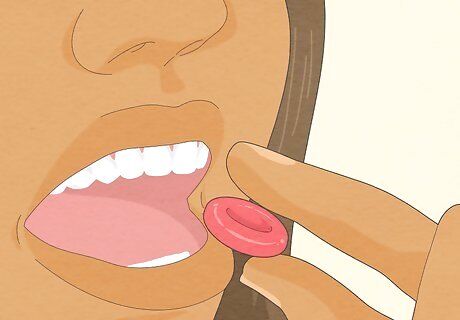
Chew on a piece of gum or suck on hard candy. This can help to stop mild to moderate drooling, especially if you’re unable to control it. By keeping your mouth busy with something, you’ll be less likely to drool. Always keep some gum or candy on hand in case you need it. If you’re concerned about your sugar intake, opt for a sugarless gum or candy.
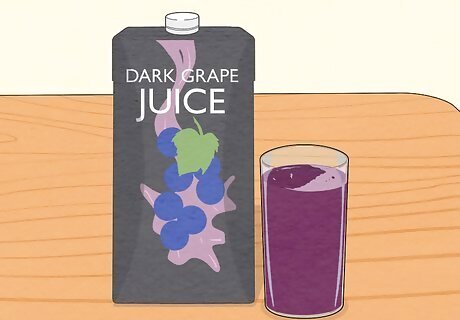
Drink a glass of dark grape juice. When you’re salivating excessively, pour yourself a glass of grape juice. The tannic acid in dark grape juice can make your mouth feel dry and decrease saliva production. Other beverages that contain tannic acid include green and black teas, coffee, and red wine. Keep in mind these beverages can lead to tooth decay and staining. Be sure to floss once a day and brush your teeth at least twice a day. As a bonus, brushing could temporarily relieve excessive salivating.
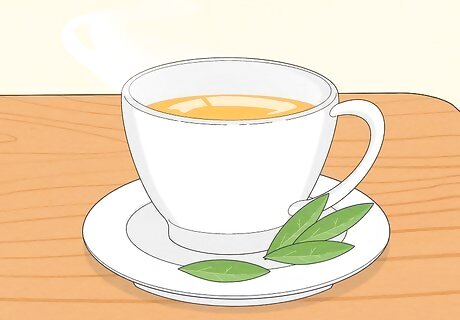
Try using sage or ginger to dry out your mouth. Drinking a cup of ginger tea or sage tea could help dry out overactive salivary glands. Chewing sage leaves or a piece of ginger root could do the trick, too. You could also drink a sage tincture once a day: add 15 to 20 drops of sage extract to a glass of water. You can find sage tea bags at grocery stores, health stores, and online. Alternatively, steep 1 tablespoon (14.8 ml) of fresh sage leaves or 1 teaspoon of dried sage in 1 c (240 mL) of hot water for 3 to 5 minutes. Some medical professionals recommend using sage and ginger to decrease salivation in patients with conditions such as Parkinson’s disease and ALS. However, consult your doctor before taking any medicinal herb or supplement, especially if you have a medical condition or take any medication. Avoid using sage extracts or tinctures if you’re pregnant or breastfeeding. Consuming more than 15 g of sage leaves or 0.5 g of sage oil extract per kg of body weight could lead to hypersalivation, among other undesirable effects.
Managing Underlying Causes
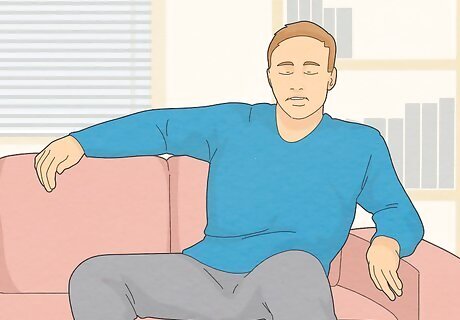
Avoid situations that trigger nausea and vomiting. Excessive salivation often accompanies nausea and vomiting. If you’re salivating due to nausea, sit down and try to relax until the feeling passes. Take note of situations that trigger nausea, and do your best to avoid them. Strong smells, driving, amusement park rides, bright or blinking lights, and hot temperatures are common causes of nausea. Bland foods, like toast, crackers, or broth, can help settle a nauseous stomach. You may experience excessive salivation if you're pregnant. This may be caused by hormones, but nausea caused by pregnancy sickness may make you want to swallow less, which can lead to hypersalivation.
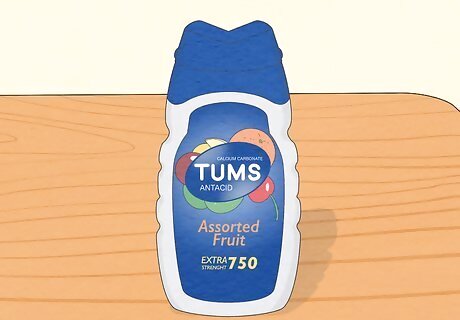
Take an antacid medication if you have acid reflux. Excessive saliva may also be associated with acid reflux, or when acid from the stomach makes its way up to your throat. To help avoid reflux, avoid spicy and acidic foods, and take an over-the-counter antacid medication. Antacids can affect the way your body absorbs other medications, so check with your doctor or pharmacist if you take any prescription drugs.
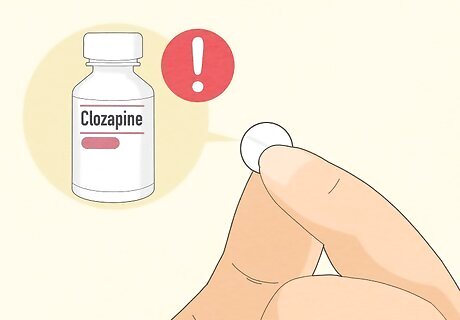
Ask your prescriber if any medicines you take can increase salivation. Anticonvulsants, tranquilizers, antipsychotics, and direct and indirect cholinergic agonists can cause hypersalivation. If you take any medications regularly, check online or consult your doctor about potential side effects. Some examples of medications that can cause hypersalivation include clozapine, potassium chlorate, risperidone, and pilocarpine. Your prescriber might be able to recommend an alternative with fewer side effects. If none are available, they might prescribe another medication to manage excessive salivation.
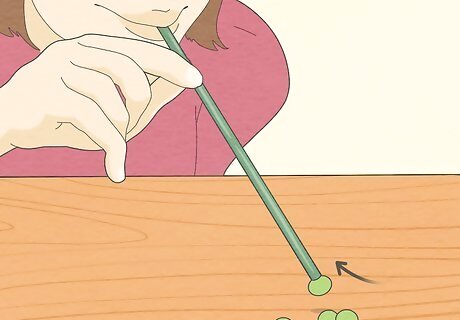
Do exercises to improve the ability to swallow saliva. For small children or adult patients with difficulty swallowing, training the muscles involved in swallowing can help keep saliva from pooling. Techniques include sucking liquids through a straw and sucking the air out of a straw to pick up peas or raisins. If your child salivates and drools excessively, doing exercises can help teach them how to control the muscles involved in swallowing. If necessary, a speech therapist can also help them learn how to control the muscles in their mouth and throat. Seeing a speech therapist may be necessary for patients with a motor neuron disease, muscular condition, acute nerve damage, Parkinson’s disease, or other disorders that cause difficulty swallowing.
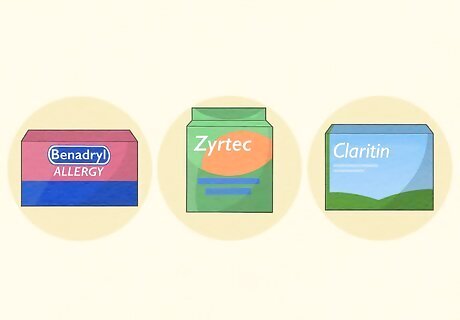
Take sinus and allergy medication. You might experience hypersalivation as a symptom of a sinus infection, such as a cold. Allergies, including seasonal allergies, can also contribute to over-salivation. If you're currently suffering from either of these, taking medication to treat your symptoms can help curb your salivation. Visit your primary care provider to discuss treatment options. Your primary care provider can likely prescribe medication that will treat your symptoms, but if the salivation persists, you might need to see an ear, nose, and throat doctor for more specialized treatment.
Seeking Medical Treatment
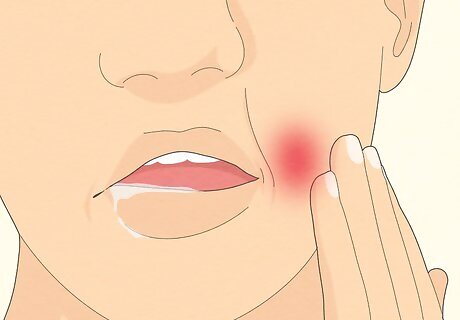
Consult your doctor about treating an oral infection, if necessary. From toothaches to tonsil infections, a host of oral health issues can lead to excess saliva. Even something as simple and common as a cavity can cause you to hypersalivate. See your doctor or dentist if you’re unable to manage hypersalivation on your own, or if you experience signs of an infection, such as pain, swelling, or discharge. If you have dentures or braces, these can also cause you to hypersalivate. Oral health issues other than infections, such as structural defects, can also lead to saliva buildup. Support collars, braces, and other devices are available if any mouth, neck, or jawbone defects make swallowing difficult.
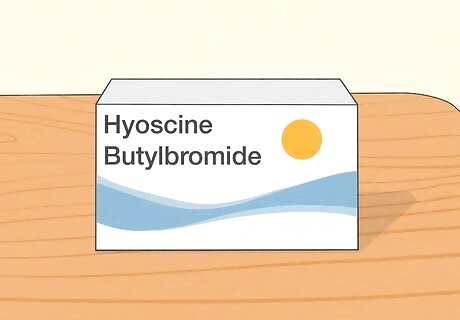
Ask your doctor about medications that can manage salivation. Medications called anticholinergic drugs block the nerve signals that tell the salivary glands to produce saliva. They’re available as 0.5 g tablets or as a patch worn behind the ear. Typical dosage amounts are 1 to 3 tablets per day or 1 patch applied daily. Side effects may include constipation, excessive dry mouth, decreased urination, irritability, dizziness, drowsiness, confusion, vomiting, constipation, flushing, headache, and blurred vision. For the skin patch, irritation or itching may occur at the application site. Make sure to discuss all of risks and benefits with your doctor before beginning any medication. Scopolamine patches can also help to decrease saliva flow, but the side effects are similar to anticholinergic medications.
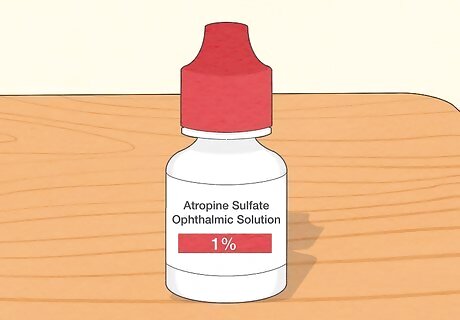
Ask your doctor about 1% atropine eye drops. This medication can be taken sublingually (under the tongue) to help produce a local drying effect in the mouth. Atropine is an anticholinergic medication, but since it’s being administered at a low dose in the mouth, the side effects that these medications usually cause are much less likely. Similar medications include oral hyoscyamine, oral amitriptyline, and sublingual ipratropium bromide.
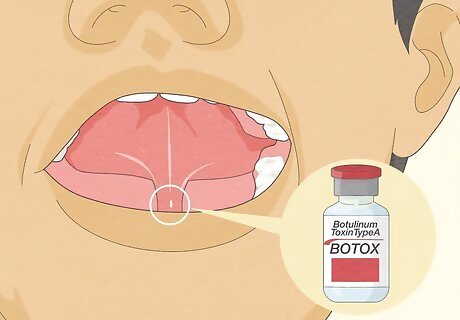
Discuss Botox injections with your doctor for serious hypersalivation. If other treatment options were unsuccessful, your doctor might advise botulinum (Botox) injections. Using an ultrasound as a guide, a medical professional will inject the salivary glands with a toxin that temporarily blocks their function. Botox injections need to be administered every 5 to 6 months in order to manage excessive salivation. Make sure that you see an experienced ear, nose, and throat doctor for this treatment option.
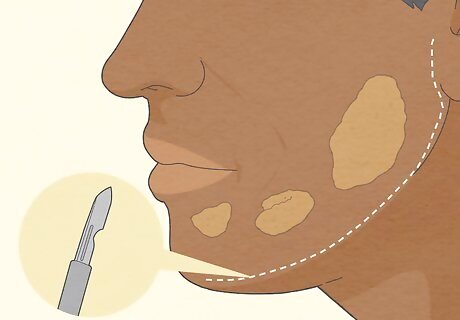
Consider surgery as a last resort. Surgical removal of the salivary glands is rare, and only advised if hypersalivation significantly impacts quality of life. For instance, choking on excess saliva is potentially life-threatening for a person with an advanced motor neuron disorder, so surgery might be the best solution. There are a variety of surgical options available. Your doctor, or the medical team of the person in your care, will help determine which is appropriate. Generally, salivary gland surgery is fast and simple. Some surgeries only require local anesthesia, which means the area would be numbed and you’d stay awake during the procedure.















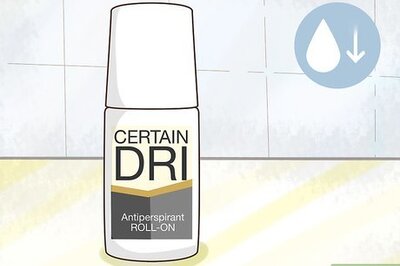




Comments
0 comment